I was watching Kimberley’s video the other day, where she mentioned our tendency to envision our future self (or even looking at our present self) based on ‘the library of our past’—and something clicks inside of me.
I tend to do this as well: referring to my past successes, failures, experiences; or even my family background or my upbringing—to define who I am today.
Sometimes, it feels like having an explanation on why I have certain triggers or behaviors. Other times, it feels like having the foundation to decide where to go next, and most of the time, more than I’d like to admit, it feels like having a perfect excuse not to change or not to face my fears.
But, in line with what Kimberley said in her video, what if one day we wake up with no memories or attachment towards our past? Who are we today if we are not the sum of our past? Who are we today if we start our journey onwards with a clean slate? What if we no longer refer to our past hurt, past trauma, past achievements… to live our lives today, or to shape our future? How are we going to think and behave differently? How are we going to live differently?
***
This idea reminds me of the concept of time as understood by the Aymara people—who inhabit some of the highest valleys in the Andes, northern Chile. While most of us think of the past as something that happens behind us and the future lies ahead of us, researchers found out that for the Aymara people, it’s the other way around.
The Aymara people see the past as something that lies ahead of us, and the future as something that lies behind us.
Notice how in our concept of time, we tend to see the future as the continuation of the past, how it seems like we are ‘stepping’ into the future from the past, or ‘carrying’ the past into our future.
The Aymara’s concept of time, on the other hand, invite us to see the past as something that lies in front of us: something visible to the ‘eyes’, something ‘known’—while the future is something behind our back: something unforeseen and unknown, representing potentials and possibilities.
To me, it’s like an invitation to step back (instead of stepping forward) into the future without ‘seeing’, without knowing where to go, without following a pre-made map. Sure, we can’t erase the past. It has happened already, and their traces are right there, right in front of us.
However, as we step back into the future, the past we see in front of us doesn’t particularly give us a clue on where we should go or where to step on next, as the ‘road’ behind our backs remains unknown.
The only way we can get a hint about where we’re going and where our steps are slowly taking us is by taking a leap of faith and walking that ‘moonwalk’: stepping further ‘back’ into the future.
***
I ask these questions often when I am working on my journal these days:
- Who am I today if I am not defined by my past?
- How can I live as who I am today, as who I want to be today–without referring to who I was yesterday, without referring to my past experiences or memories? What would I do today? How would I behave today? What would I believe in based only on everything I experience today?
- How would I treat the people in my life today if I do not feel the need to adjust my approach based on my past experiences with them? How could I relate to them as my present self, instead of my past self?
_______
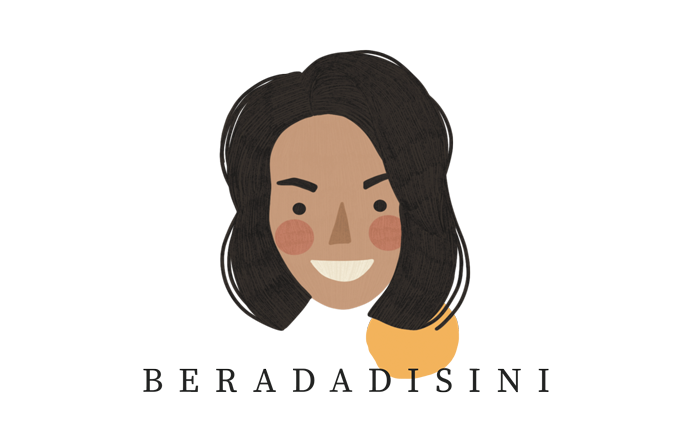
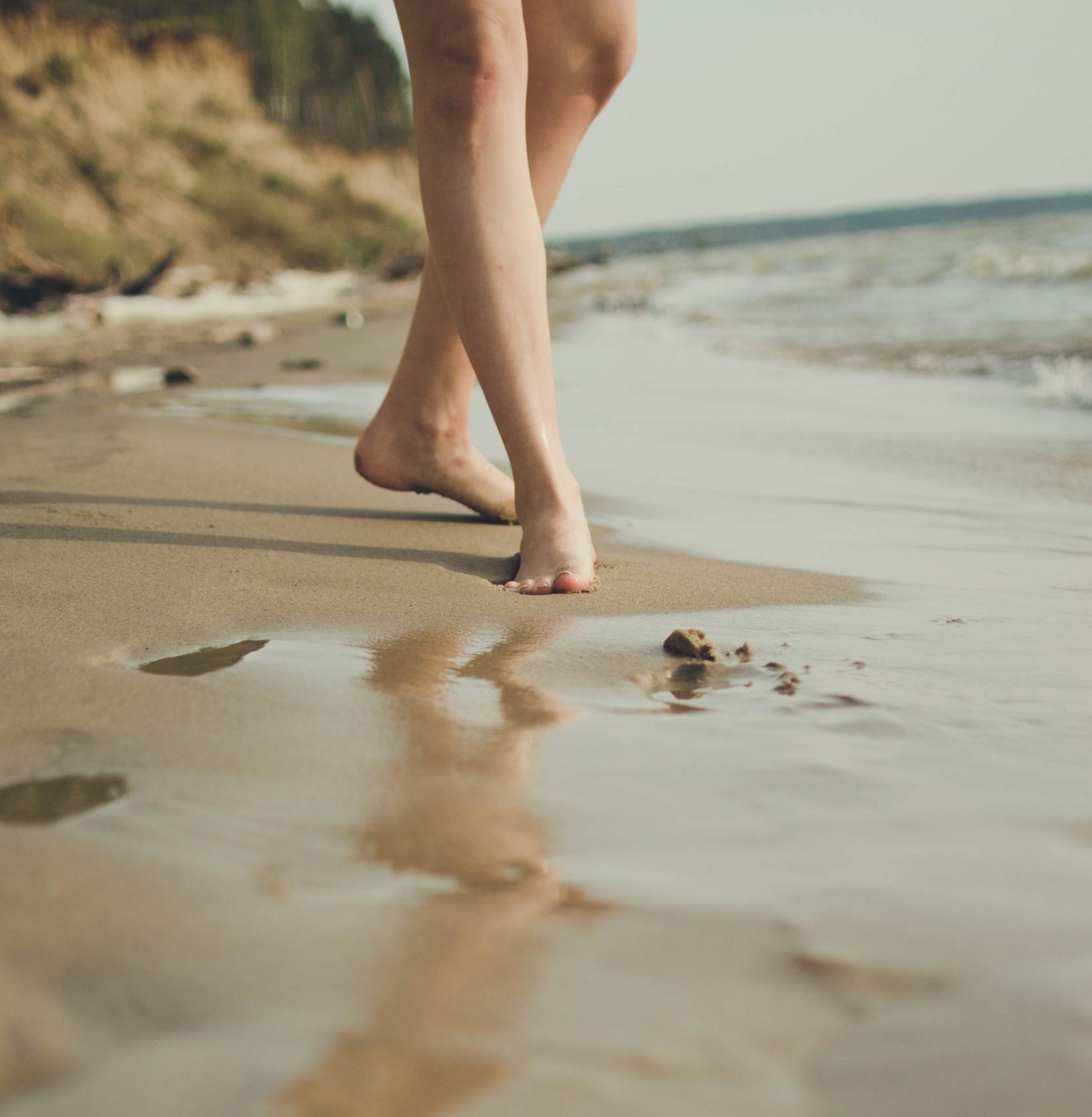
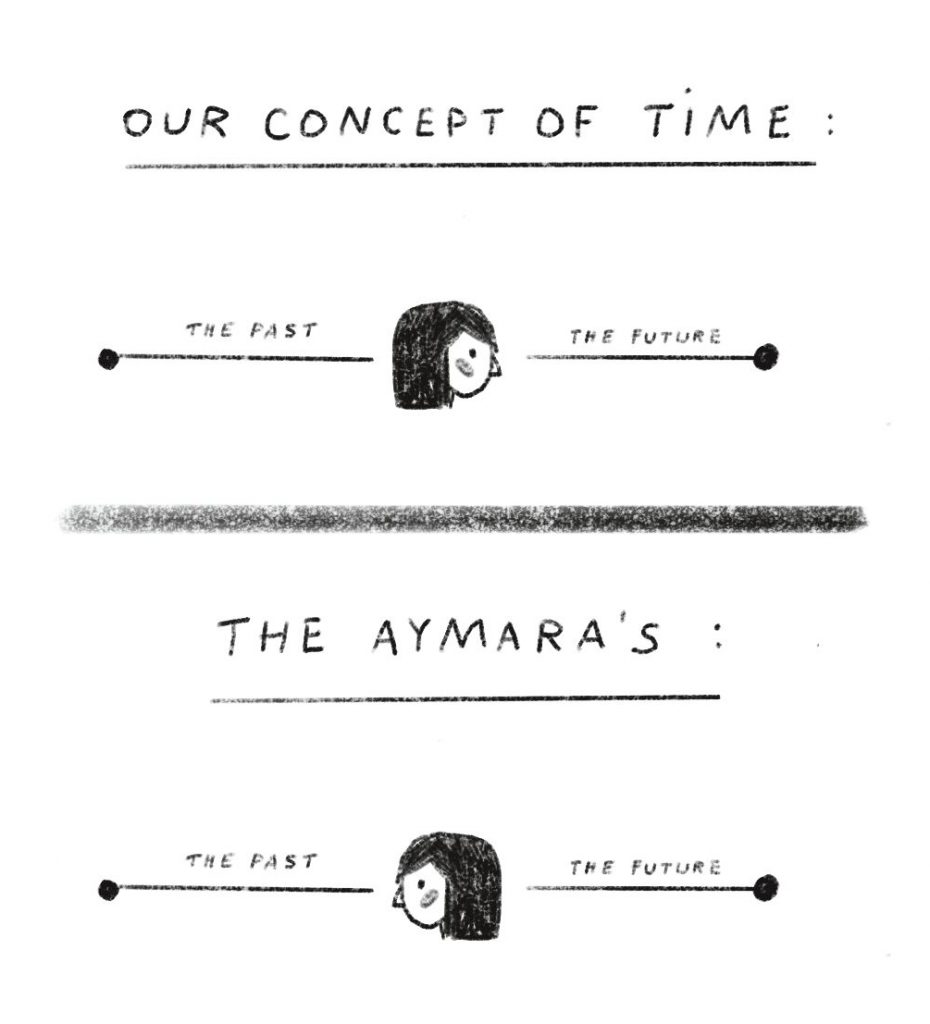
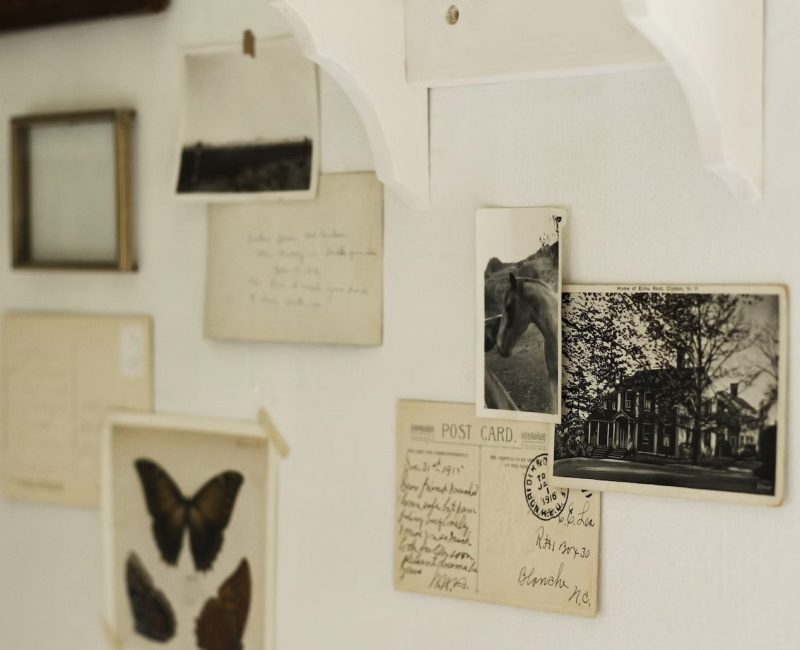
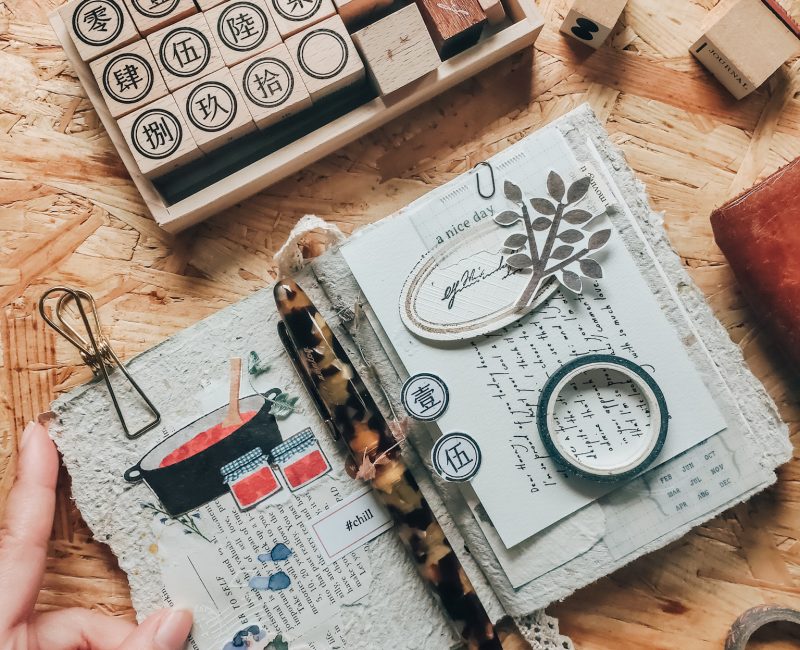
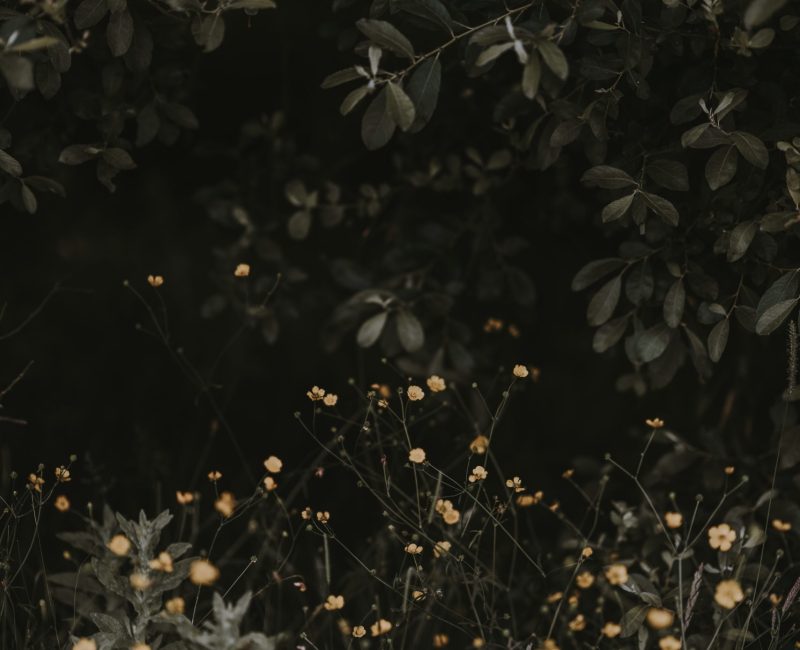
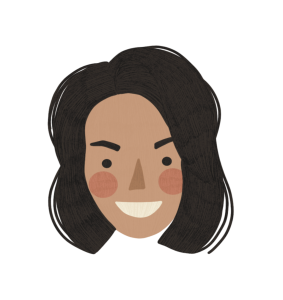
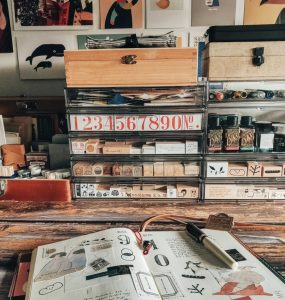

3 Responses
That was interesting; I have read a lot during my eight decades, but have never heard of the Aymara or their concept of time.
I stumbled upon the article about the Aymara people on Google when I tried to find out if there were other communities/culture with a different concept of time 😀 Interesting read 🙂 Now I am curious to find out more 🙂
Interesting concept. I always thought that the past is not as important as the present. Maybe it is important as a part of our learning process.